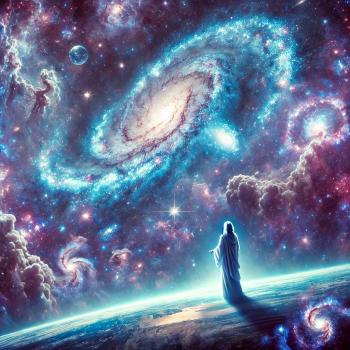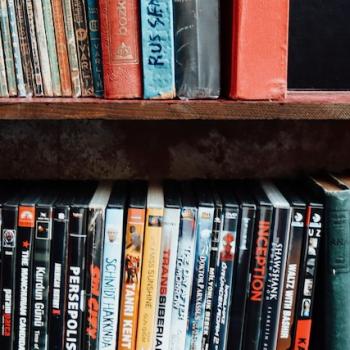I loved that life. If you'd said I could say goodbye to it, I'd have said no thanks. I'd not have wanted the emptiness that was all I could picture as an alternative. Life without longing would be an anemic thing, without warmth or color. It would, I supposed, be a kind of death.
Notwithstanding my romantic orientation to suffering (the capacity for grief being equal to the capacity for joy), there was no denying that the ideal situation would be finally to get everything I wanted, and to luxuriate in it—to live in the house of the beloved. If you'd offered me rest from fearful grasping, I'd have taken it in a heartbeat. I was making the best of an imperfect situation, consoled by the belief that the perennial dissatisfaction made me human. In any case, it was inevitable that some of the wanted things wouldn't materialize, or they'd come but wouldn't stay, so I might as well get used to it (a reasonable adaptation).
If I thought there was any remedy for the anxious middle of the night, sleep receding like a tide racing for the horizon; if I imagined an end to the worries about my children, my health, it was that finally things would even out, no visible bumps in the road ahead. We'd all stay okay (enough); there would be enough money; my kids would find happiness. I could finally relax. A bit. (If only it would hold.)
The trouble wasn't that I couldn't get it all to happen. The trouble was that I counted on the okayness of things to be my sustenance, the source of well-being. The trouble was that I defined myself by my circumstances and my efforts, by who I was: my children's mother, a writer of poems and supporter of other writers, a hard-working, well-meaning person. Doing well at these things was my fix. I was tethered to them like a patient with tubes snaking to clear bags dangling from portable poles. They were my sugar and salt, my way of keeping okay in this life of mine. I needed at least minimal success and stability in order to sleep well, to feel all right about myself. But sometimes these life-sustainers dried up. The very thing I'd wanted eluded me, turned bad, sickened me with my failure, with something not going as I'd hoped. Still, I was hooked up to these things that mattered, steadily fed (or starved) by how it all went. I could go nowhere, not even into sleep, that it didn't all accompany me. Anyhow, I wouldn't have known who I was without it.
I did not set out to detach myself from all I drew meaning from, to slip from the seesaw of desire and loss. I was making an effort to suffer less, having some success, but I had no expectation of absolute relief.
It was as if one night I crawled into bed the person I'd always been, and in the morning woke up changed—as if, while I slept, kindly beings crept into the dark where I lay, and carried away things I'd clung to all my life. So much leaving me that I'd always thought was me. Yet something remained, peacefully resting, unaware a miracle was taking place. My familiar self fading away, in its place the room filled with a blessing, so that when I woke, I would know myself for the first time in my life.
It was like that, as if someone or something took me into its tenderness, murmuring, here, let me help you off with these scratchy, heavy clothes. Look, how there are stones sewn into the hems. How have you carried this weight all your life?
I resort here to metaphor, knowing no other way to make it clear how everything changed, absolutely changed, absolutely for the better, the best. I did not bring it about. It would be hard to find more convincing evidence that reality is much bigger than our petty notions of control or understanding.
All wanting, all fear, had stopped. There was—there is—a steady stream of joy without cause. No reason, nothing driving it, nothing able to interfere with it. Did I know why this happened? I knew only that I had come home. I knew too, with certainty, that this radical equanimity had been there right along. That it is the nature of us all.
Eventually, I came to understand why I hadn't seen it before, why I hadn't come "home" years sooner, to that place that is the only true beloved. It was because of how I'd been in love with wanting and getting, having and losing. It was because of who I had believed myself to be.
How wrong could a person be?
Copyright © 2012 The Freedom of Being by Jan Frazier
Reprinted with permission of Red Wheel Weiser




